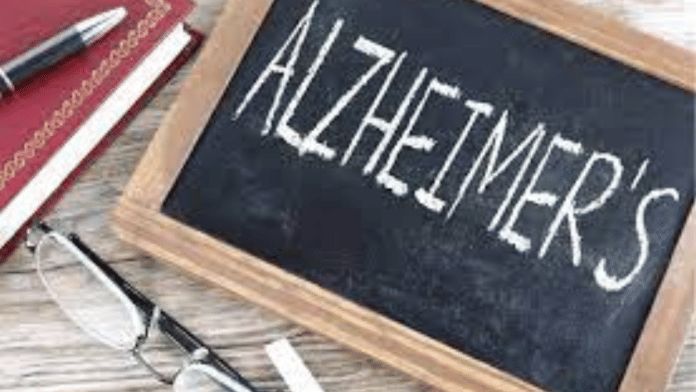Bengaluru: A new UK study has found symptoms of Alzheimer’s disease in people who had undergone the controversial cadaveric pituitary human growth hormone therapy — the first recorded instance of the disease spreading through a medical procedure.
The study was published in Nature Medicine Monday and conducted by researchers from the University College London.
The eight people who participated in this research were aged between 38 and 55 and were among the 2,000 people who had received cadaver growth hormone, a term used to describe growth hormones (GH) extracted from the pituitary glands of human cadavers between 1960 and 1985 for therapy of deficient children.
Secreted by pituitary cells called somatotrophs, the GH stimulates the growth of essentially all tissues of the body, including bone, and is vital for normal physical growth in children. Its levels rise progressively during childhood and peak during the growth spurt that occurs in puberty.
The controversial cadaveric pituitary human growth hormone therapy is now prohibited in many parts of the world as it is known to lead to another brain degenerative disease called Creutzfeldt-Jakob disease (CJD).
According to the study, biomarkers found in the blood of most of the participants also supported the diagnoses.
Alzheimer’s disease, or AD, is a progressive degenerative brain disease that physically starts to damage the brain, impacting memory and other necessary functions. With memory loss and confusion as initial symptoms, a diagnosis is typically made when a person is over 65 years. In rare cases, however, people under the age of 50 can suffer from the early onset of dementia — a strong symptom of Alzheimer’s disease.
Early onset of dementia was among the symptoms found in the study.
Once the brain is affected, proteins like amyloid-beta protein lump up inside nerve cells, destroying their physical structure. This leads to loss of neurons and severs connections between various parts of the brain.
How Alzheimer’s is caused is unknown, but it affects memory, language, perception ability, motor skills, problem-solving, attention and focus, and many other aspects of daily behaviour governed by the brain.
Cardiovascular diseases like diabetes and hypertension are also associated with it, although physical exercise is believed to lower its risk.
There are currently no treatments available to cure Alzheimer’s and less than 3 percent of people survive 14 years after diagnosis.
Also Read: SuperAgers: Some seniors have exceptional memory, can resist Alzheimer’s. Scientists now know why
Accidental medical transmission
Of the eight participants in the study, five displayed early onset dementia with severe cognitive impairment to affect daily life. Two had mild cognitive impairment while the last did not show any symptoms of any problems.
Two participants died during the study, with autopsies confirming Alzheimer’s despite a negative genetic predisposition to it. The authors state that the findings show that the disease can spread in a medical setting during treatment, leading to accidental transmission. They also propose that similar to other rare transmissible diseases, Alzheimer’s could also have rare and inherited forms.
This paper describes the first recorded instances of Alzheimer’s being transmitted through a medical procedure — that too one done decades ago. The authors, however, also clarify that this finding is no longer a risk in the real world because the practice of sourcing growth hormones from cadavers has ceased after it led to Creutzfeldt-Jakob Disease.
“There is no suggestion whatsoever that Alzheimer’s disease can be transmitted between individuals during activities of daily life or routine medical care,” John Collidge, a neurologist at the University College of London and one of the lead authors of the study, said in a statement. “However, the recognition of transmission in these rare situations should lead us to review measures to prevent accidental transmission via medical or surgical procedures.”
(Edited by Uttara Ramaswamy)
Also Read: Cookies, chips, frozen meals—ultra-processed foods can cause cognitive decline, dementia






